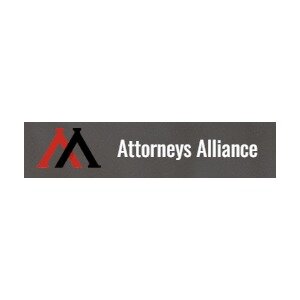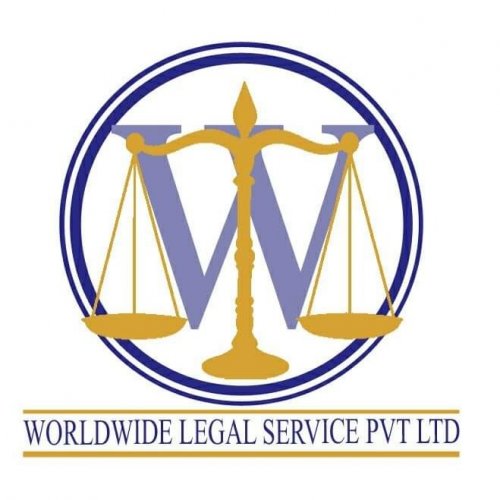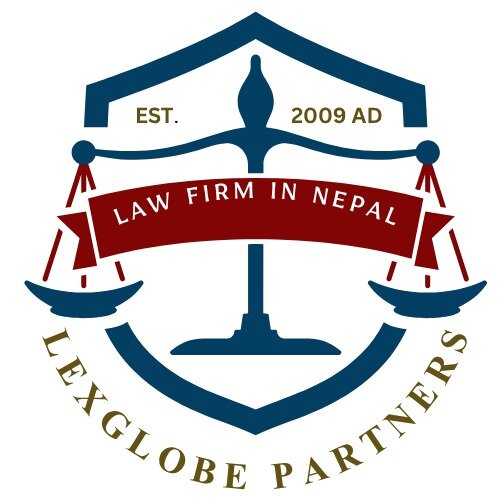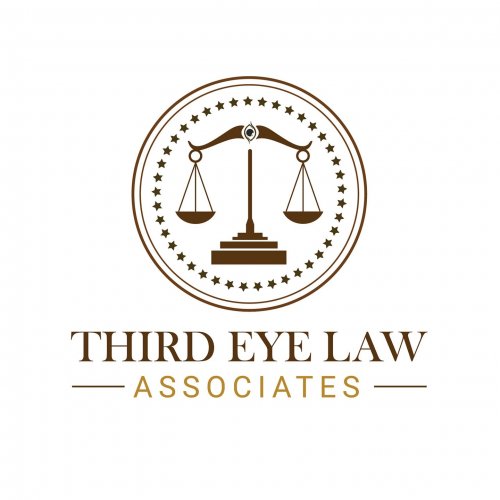Best Corporate Governance Lawyers in Kathmandu
Share your needs with us, get contacted by law firms.
Free. Takes 2 min.
List of the best lawyers in Kathmandu, Nepal
About Corporate Governance Law in Kathmandu, Nepal
Corporate Governance refers to the system of rules, practices, and processes by which companies are directed and controlled. In Kathmandu, Nepal, corporate governance encompasses the relationships among a company's management, board of directors, shareholders, and other stakeholders. Strong corporate governance ensures transparency, accountability, and long-term sustainability of businesses. In Nepal, these principles are regulated by a combination of laws, government agencies, and international best practices, emphasizing the importance of ethics, compliance, and responsible management in both public and private sector companies.
Why You May Need a Lawyer
Navigating corporate governance requirements in Kathmandu can be complex, especially for business owners, investors, and company executives. You may need legal advice in circumstances such as:
- Establishing or registering a new company under Nepali law
- Drafting or reviewing a company’s articles of association and bylaws
- Ensuring the board of directors meets legal requirements and compliance obligations
- Handling mergers, acquisitions, or restructuring in line with corporate governance norms
- Resolving disputes among shareholders, directors, or other stakeholders
- Responding to regulatory investigations or audits
- Safeguarding minority shareholder rights
- Dealing with conflicts of interest or alleged breaches of duty
- Introducing best practices to enhance transparency and mitigate risk
A qualified lawyer can provide guidance, draft necessary documents, represent you before regulatory authorities, and help prevent future legal complications.
Local Laws Overview
Corporate governance in Kathmandu is primarily governed by the Companies Act, 2063 (2006) of Nepal, along with a range of rules, guidelines, and directives issued by regulatory bodies like the Office of the Company Registrar (OCR) and the Securities Board of Nepal (SEBON). Key aspects include:
- Board Structure: Companies must have a board of directors who are accountable for compliance and strategic oversight.
- Annual General Meetings (AGMs): Companies are required to hold regular AGMs and maintain proper records of proceedings and financial statements.
- Disclosure and Reporting: Timely disclosure of financial and operational information is mandatory for transparency and investor protection.
- Shareholder Rights: Shareholders have the right to receive information, participate in AGMs, and vote on major affairs of the company.
- Auditing: Companies must undergo periodic audits and present audited financial statements to their stakeholders.
- Conflict of Interest: Directors and officers must avoid conflicts between personal and company interests, with the law outlining clear disclosure obligations.
- Regulatory Compliance: Companies must comply with local and sector-specific regulations, such as those relating to securities, labor, and foreign investment.
Frequently Asked Questions
What is corporate governance and why is it important in Nepal?
Corporate governance involves the policies and procedures that direct and control the management of a company. In Nepal, good corporate governance builds investor confidence, ensures compliance, and supports sustainable economic growth.
Who regulates corporate governance in Kathmandu, Nepal?
The Office of the Company Registrar (OCR) and the Securities Board of Nepal (SEBON) are key regulatory bodies responsible for overseeing and enforcing corporate governance standards.
What are the main laws governing companies in Nepal?
The primary legislation is the Companies Act, 2063 (2006), which sets out rules for company formation, management, shareholder rights, and corporate compliance. Other relevant laws include the Securities Act and sector-specific regulations.
What are the duties of company directors under Nepali law?
Directors are required to act in the best interest of the company, avoid conflicts of interest, exercise due care, and comply with all statutory legal requirements.
How often must companies in Kathmandu hold Annual General Meetings?
Nepali companies are required to hold an AGM at least once every year, where key business matters and financial statements are presented to shareholders.
Are companies in Kathmandu required to disclose financial information?
Yes, companies must maintain and disclose accurate financial records and submit audited financial statements to the OCR and, if publicly listed, to SEBON.
What action can shareholders take if the board is not following proper governance?
Shareholders can raise concerns at AGMs, call for special meetings, or seek legal redress in courts if their rights are being infringed.
What constitutes a conflict of interest for directors in Nepal?
A conflict of interest occurs when a director’s personal interests interfere or appear to interfere with the interests of the company. Nepali law requires full disclosure and can hold directors liable for breaches.
Are foreign nationals allowed to be directors or shareholders in Nepali companies?
Yes, but there are specific legal requirements and restrictions, especially in industries where foreign investment is regulated. Legal advice is always recommended in such cases.
What happens if a company fails to comply with corporate governance regulations?
Non-compliance can lead to regulatory penalties, fines, loss of business license, and personal liability for company officials involved.
Additional Resources
For more information and assistance on corporate governance in Kathmandu, consider reaching out to:
- Office of the Company Registrar (OCR): The primary body for company registration and regulation.
- Securities Board of Nepal (SEBON): Regulates publicly listed companies and securities markets.
- Federation of Nepalese Chambers of Commerce and Industry (FNCCI): Provides resources for business owners and entrepreneurs.
- Institute of Chartered Accountants of Nepal (ICAN): For advice on auditing and compliance.
- Local law firms and legal aid organizations specializing in corporate law.
Next Steps
If you think you require legal assistance for corporate governance matters in Kathmandu, consider the following steps:
- Identify your specific needs such as company formation, dispute resolution, or compliance reviews.
- Prepare all relevant documents including company constitution, financial records, and prior correspondence.
- Research and contact a reputable law firm or legal advisor experienced in Nepali corporate law.
- Book a consultation to discuss your issues and possible legal strategies.
- Stay informed of changes in local regulations and schedule periodic legal audits for ongoing compliance.
Early legal advice can prevent costly errors, address disputes before they escalate, and protect your long-term interests in the dynamic business environment of Kathmandu, Nepal.
Lawzana helps you find the best lawyers and law firms in Kathmandu through a curated and pre-screened list of qualified legal professionals. Our platform offers rankings and detailed profiles of attorneys and law firms, allowing you to compare based on practice areas, including Corporate Governance, experience, and client feedback.
Each profile includes a description of the firm's areas of practice, client reviews, team members and partners, year of establishment, spoken languages, office locations, contact information, social media presence, and any published articles or resources. Most firms on our platform speak English and are experienced in both local and international legal matters.
Get a quote from top-rated law firms in Kathmandu, Nepal — quickly, securely, and without unnecessary hassle.
Disclaimer:
The information provided on this page is for general informational purposes only and does not constitute legal advice. While we strive to ensure the accuracy and relevance of the content, legal information may change over time, and interpretations of the law can vary. You should always consult with a qualified legal professional for advice specific to your situation.
We disclaim all liability for actions taken or not taken based on the content of this page. If you believe any information is incorrect or outdated, please contact us, and we will review and update it where appropriate.

















